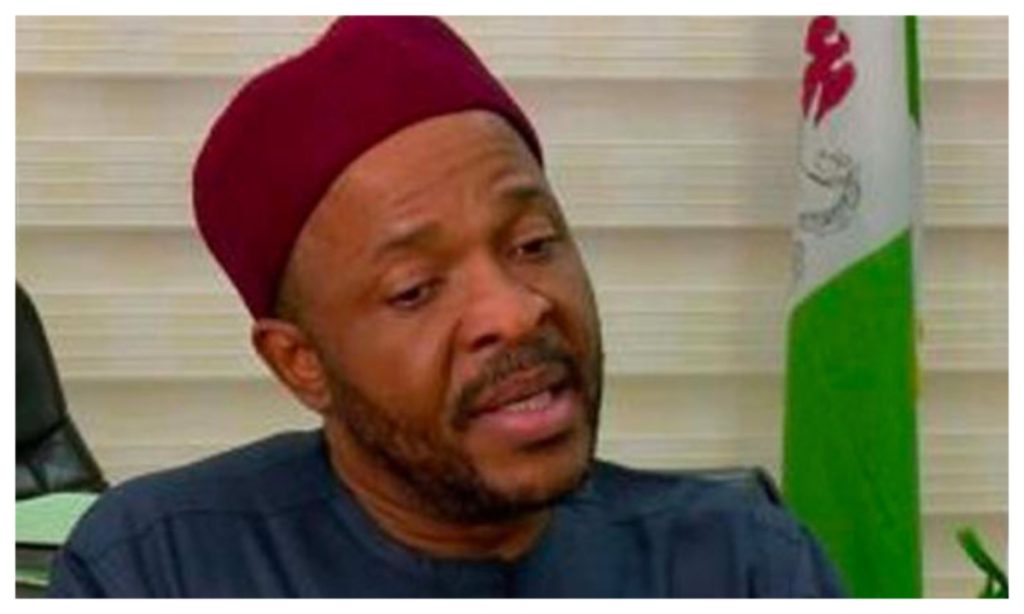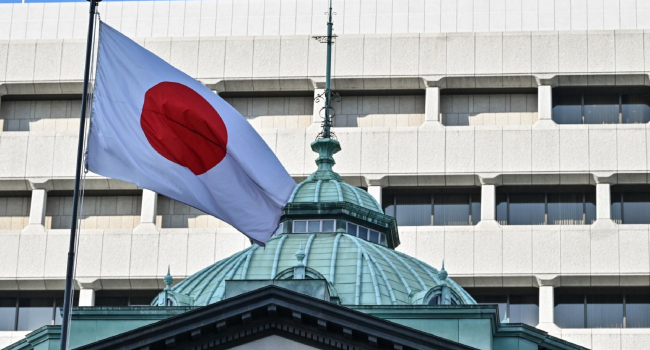A recent statement by former Kaduna Central Senator, Shehu Sani, has shed light on the dynamics within the Nigerian Senate. According to Sani, senators from opposition parties, including the Labour Party, Peoples Democratic Party, All Progressives Grand Alliance, Social Democratic Party, and New Nigeria Peoples Party, are working in harmony with their counterparts from the ruling All Progressives Congress.
Sani’s revelation comes in response to comments made by Bauchi State Governor, Bala Mohammed, who reportedly described political defectors as “cowards”. The former senator took to social media platform X to share his thoughts on the matter, noting that the opposition’s side of the Senate chamber is becoming increasingly empty. This observation suggests that the opposition’s influence may be waning, potentially due to the collaborative efforts between opposition and ruling party senators.
The Nigerian Senate is composed of senators from various political parties, with the ruling party holding a significant number of seats. The opposition parties, on the other hand, have a smaller but still significant presence in the chamber. Sani’s statement implies that despite their differences, senators from opposing parties are finding common ground and working together on certain issues.
This development is noteworthy, given the often contentious nature of Nigerian politics. The fact that opposition senators are working harmoniously with their ruling party counterparts may indicate a shift towards greater cooperation and bipartisanship in the Senate. However, it remains to be seen how this will impact the overall political landscape in Nigeria.
As the Nigerian political scene continues to evolve, it will be important to monitor the actions and decisions of the Senate, particularly in light of Sani’s revelations. The collaboration between opposition and ruling party senators may have significant implications for the country’s governance and policy-making processes. With the Senate playing a crucial role in shaping Nigeria’s legislative agenda, the dynamics between its members will be closely watched by stakeholders and observers alike.



